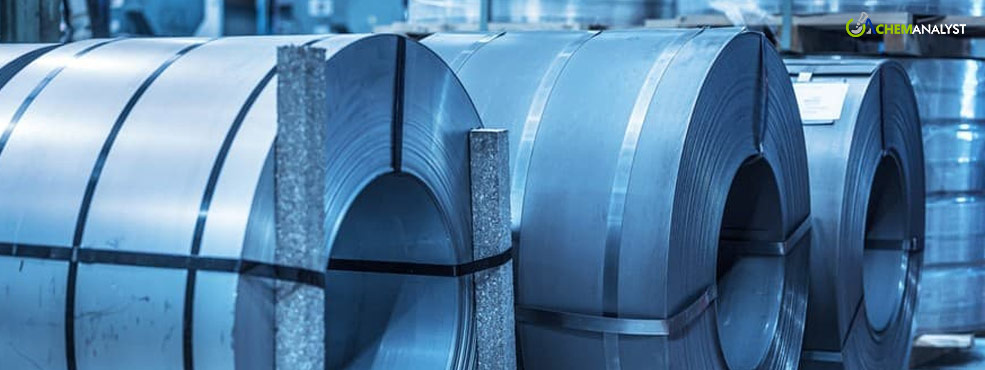Welcome To ChemAnalyst

In a noteworthy development within the steel industry, the International Steel Trade Association (ISTA) has brought attention to Tata Steel's strategic shift towards adopting electric arc furnace technology. This shift has prompted Tata Steel to transition from being primarily focused on steel manufacturing to positioning itself as an importer, with a particular emphasis on hot-rolled coil (HRC). Given these significant changes in Tata Steel's operational approach, ISTA has urged the UK's Trade Remedies Authority (TRA) to conduct a comprehensive review of the existing steel coil import quotas.
Tata Steel's move towards electric arc furnace technology represents a substantial departure from traditional steelmaking methods, signifying a broader industry trend towards more sustainable and environmentally friendly practices. As Tata Steel aligns its operations with this evolving technology, it has increased its focus on importing hot-rolled coil, a key input in the steel manufacturing process.
Tata Steel's specific interest in hot-rolled coil imports is driven by its subsequent use in the production of cold-rolled coil (CRC) and hot-dip galvanized coil (HDG). These downstream products play a crucial role in various industries and applications, and any shifts in the import dynamics of hot-rolled coil are likely to have ripple effects on the supply chains and availability of CRC and HDG.
It's essential to delve into the specifics of Tata Steel's transition to understand the impetus behind this significant operational change. The adoption of electric arc furnace technology by Tata Steel signifies a commitment to more sustainable and energy-efficient steelmaking processes. Electric arc furnaces utilize electricity to melt recycled steel scrap, reducing the reliance on traditional blast furnaces that use coke and iron ore. This shift aligns with broader industry efforts to minimize the environmental impact of steel production and move towards a more circular and eco-friendly approach.
As Tata Steel embraces this innovative technology, it has concurrently adjusted its business model, transitioning from being primarily a steel manufacturer to an importer. The emphasis on importing hot-rolled coil underscores the company's strategic positioning in adapting to changing industry trends and aligning its operations with more sustainable practices.
Tata Steel's decision to import hot-rolled coil aligns with its broader operational goals, and ISTA's call for a review of import quotas recognizes the potential impact on the supply chains of CRC and HDG. Any alterations in the import dynamics of hot-rolled coil can have cascading effects on the availability, pricing, and competitiveness of these downstream products, necessitating a careful examination of existing import quotas.
The TRA's role in conducting a thorough review is instrumental in ensuring that the existing import quotas remain effective and equitable. The objective is to strike a balance that allows for the adaptation of industry players to emerging trends while safeguarding the interests of domestic producers and maintaining fair competition within the steel market.
We use cookies to deliver the best possible experience on our website. To learn more, visit our Privacy Policy. By continuing to use this site or by closing this box, you consent to our use of cookies. More info.
